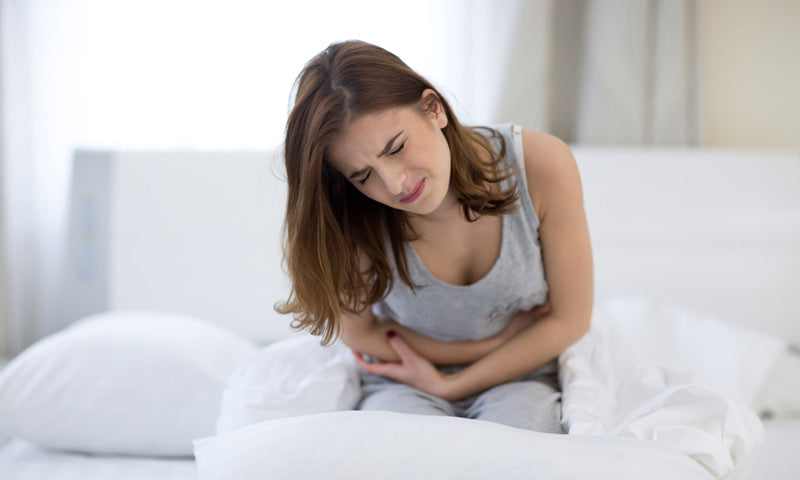If you’ve ever heard someone describe themselves a few happy hour cocktails in as “having a buzz,” they may not realize what they are experiencing is a temporary boost in serotonin levels. Serotonin is naturally produced within our bodies and, among other things, it simply makes us feel good. Serotonin is a natural mood regulator, and for this reason patients battling depression are sometimes advised to take medications or supplements that boost the production of serotonin.
So the question you may be asking at this point is “would a few drinks do the trick instead? Would that be considered alcohol dependence? Do I really need a pill or supplement when a quick stop at my favorite watering hole would give me the boost I need?”
Ah, if only it were that easy. Meddling with serotonin levels is tricky business, and it’s not an undertaking to try alone and without the guidance of your physician. Self-medicating with alcohol will boost serotonin only temporarily, and its “positive” effects in the brain will be forgotten quickly when the hangover sets in. Not to mention the fact that excessive alcohol abuse can actually cause your serotonin levels to drop over time, which affects your short and long term mental health.
You’d have to be living somewhere off the grid and under the proverbial rock to have not heard of the connections and overlap between depression and alcohol abuse. And you’d have to look far and wide to find anyone in the medical field suggesting alcohol as a “serotonin fix” for the depressed patient. If anything, you are more than likely to find a unanimous chorus of medical voices advising the avoidance of alcohol altogether.
The bottom line is alcohol no substitute for properly managed serotonin supplements such as 5HTP. Using alcohol to achieve increased serotonin is about as effective as brushing your teeth while eating Oreos!
But I am Neither Depressed Nor an Alcoholic…
So, if you’re a casual, moderate drinker with no history of depression, and you are taking 5HTP or some other kind of serotonin booster to aid with weight loss, you may be wondering whether drinking a few alcoholic beverages is dangerous?
Because 5HTP is an herbal supplement and its medicinal use is not approved and backed by the FDA, there is not yet a definitive study of its efficacy or its potential complications with alcohol. What we do know is that too much serotonin can lead to serotonin toxicity, so a common-sense approach to use is to avoid mixing alcohol and serotonin boosters. The silver lining here for those using serotonin supplements for weight loss: abstaining from alcohol will reduce your calorie intake! (Or presumably it will: this won’t hold true if you replace your two-glasses-of-wine-a-night habit with two doughnuts.)
One of the most important things to bear in mind is that any kind of herbal, over-the-counter supplement should be discussed with your physician. Over-the-counter supplements can have dangerous complications when mixed with some prescription medications, and your doctor will be your best source of guidance when it comes to introducing supplements into your health regimen, or any other sort of treatment. Don’t be fooled into thinking “herbal” equates to natural, good for you, and without any dangers. The best habit to practice is to discuss everything with your doctor, no matter how trivial or insignificant it may seem. They are used to having a look at individuals’ overall health to see what the best options are in each case.
You should also discuss whether alcohol should be avoided with any medication or supplement you are taking.
What is Serotonin Toxicity?

The positive benefits of serotonin – our built-in “Dr. Feelgood” – seem so plentiful that it can be surprising to some that “too much” serotonin can be bad for us. A naturally occurring chemical that can help us sleep better, suppress our appetites, and regulate our moods…how could too much of it be a bad thing?
But it’s true that most things are best in moderation, serotonin included!
Serotonin toxicity, also known as serotonin syndrome, happens when a medication causes an individual to produce too much serotonin. According to the Mayo Clinic, symptoms of serotonin syndrome can include
- Agitation or restlessness
- Confusion
- Rapid heart rate and high blood pressure
- Dilated pupils
- Loss of muscle coordination or twitching muscles
- Muscle rigidity
- Heavy sweating
- Diarrhea
- Headache
- Shivering
- Goose bumps
In extremely severe cases of serotonin syndrome the individual may experience:
- High fever
- Seizures
- Irregular heartbeat
- Unconsciousness
While it’s unlikely that your serotonin supplement and one “skinny margarita” are going to send you into this kind of full-blown serotonin toxicity, there is always some level of risk associated with the use of serotonin supplements and alcohol. If you experience any of the symptoms outlined above, contact your doctor immediately. She will advise you on discontinuing the use of supplements and any treatment needed to restore your serotonin levels to normal.

